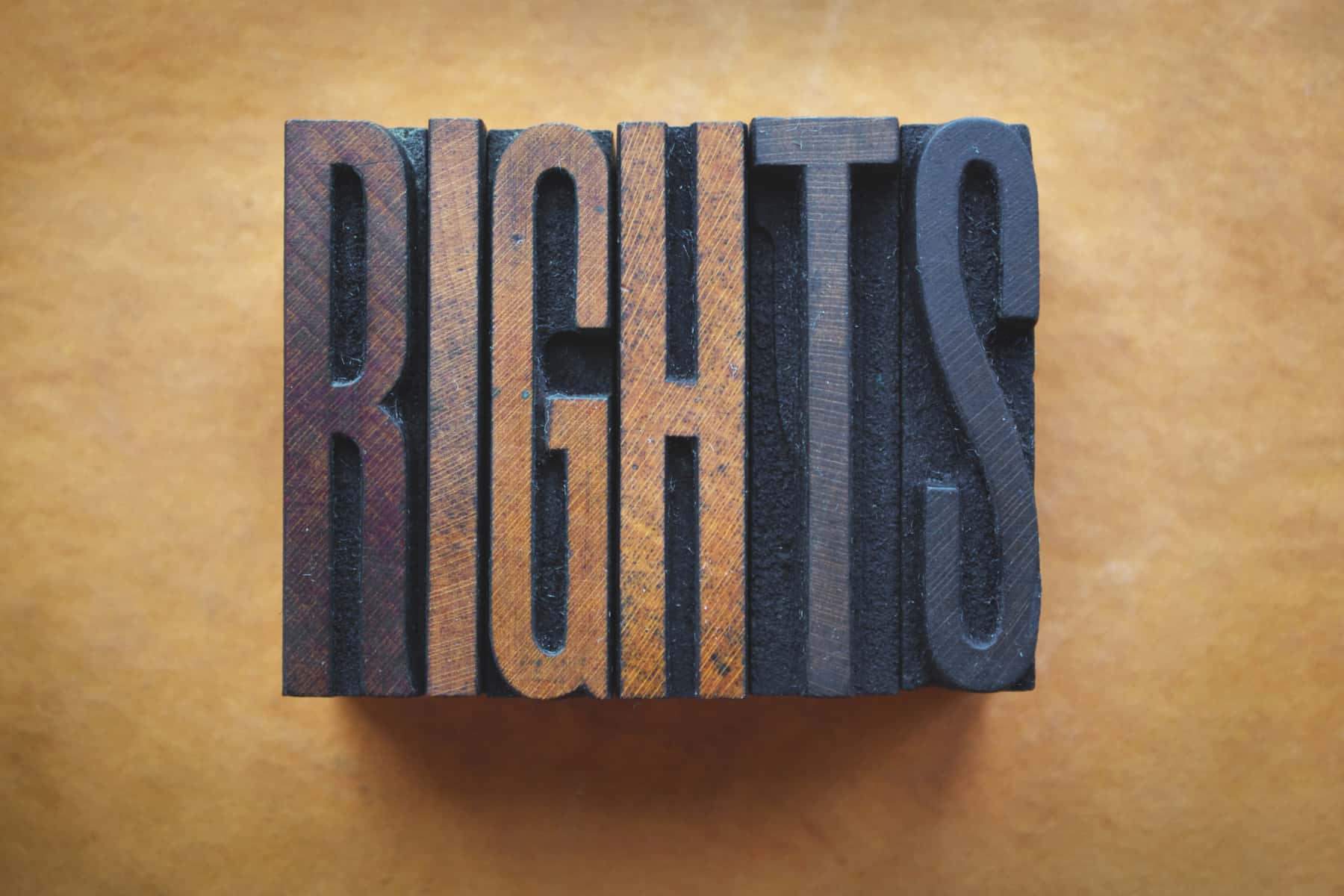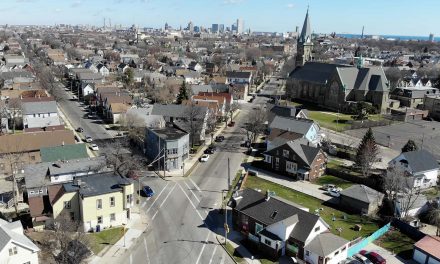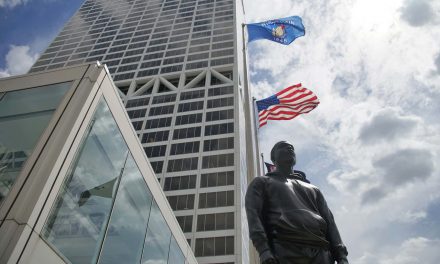
The Bill of Rights Day, December 15, 2019, celebrates the 228th birthday of the first Ten Amendments to the United States Constitution.
The Bill of Rights not only confirms individual and inherent rights but also amounts to the first tweaks to the limits and controls of the federal government. Quarrels abound about interpreting this quill-penned document but its genius remains unchallenged. It continues to play an integral role in the everyday lives of Americans — including right here in Milwaukee County in 2019.
The Bill of Rights as Part of the Every Day Lives in Milwaukee — The Sixth and Seventh Amendments.
Invoking the Bill of Rights keeps the document’s promises fit and muscular, and keeps its application personal. The operations of the Milwaukee County Courthouse advance and accommodate important Constitutional protections. Each relevant clause of the Constitution is a throttle controlling court operations. The first clause of the Sixth Amendment ensures that a person charged with a crime gets a fair, speedy and public trial, an impartial jury, a notice of the accusation, and the confrontation of witnesses.[i] The Seventh Amendment protects the right to a trial by jury in civil court cases.[ii]
In 2018 over 124,000 cases were filed in the Milwaukee County Clerk of Courts Office. These thousands of civil and criminal cases are filed publicly and heard by forty-seven elected circuit court judges (and a host of court commissioners). In 2018, thousands of court hearings and proceedings abided by Constitutional due process rights — such as those included in the 5th and 14th Amendments. Excepting certain cases afforded privacy protections, all cases are electronically visible on the state court’s website, commonly referred to as CCAP.
Honoring the public trial provisions of the 6th and 7th Amendments, proceedings do not occur or continue when the Courthouse’s doors are locked at 5:00 PM, or on weekends. In 2018, public jury trials were held in 614 cases — 523 in the Criminal Division, 66 in the Civil Division and 25 in the Juvenile Division. In addition, 73 other juries were empaneled but not sworn to hear a case. Thousands of citizens honored their jury duty.
Of the 614 jury trials, 470 were resolved by jury verdict, 29 ended in mistrial, 13 resulted in hung juries, and 33 were either dismissed, settled or pled before verdict. Milwaukee County’s longest empaneled jury in 2018 spent twelve days hearing a felony trial.
The jury trial statistics do not include the number of court trials or bench trials held by judges. Nor do they include the thousands of plea hearings or bail hearings held in Milwaukee County’s criminal courts, during which defendants’ rights under the 4th, 5th, 6th, 7th, and 8th Amendments are reaffirmed.
The Sixth Amendment’s Second Clause: the right to counsel.
Milwaukee County and Wisconsin generally have longstanding, demonstrated commitments to the 6th Amendment Right to Counsel. The 1848 Wisconsin Constitution restated the federal amendment, and the 1859 Wisconsin Supreme Court established that the payment of costs of counsel for criminally charged indigents be borne by the government. In 1957 the Milwaukee Bar Association launched “The Voluntary Defenders Program” — the first of its kind in the nation. This project became a model for public defender programs all over the nation when the U.S. Supreme Court decided the right to counsel, at government expense, in criminal matters of all sorts in the 1963 Gideon v. Wainright case.
In fiscal 2018, the Wisconsin State Public Defender appointed counsel throughout the state in 137,385 trial court cases and in 3,135 appellate level cases. For defendants who are ineligible for State Public Defender appointment but also who are unable to hire an attorney, the court may appoint counsel and order payment from the County coffers; the order includes the County’s reimbursement– by the defendant after conclusion of the proceedings.
Despite decades of petitions to the legislature and the Supreme Court for increased compensation, Wisconsin’s state-appointed lawyers have ranked the lowest paid in the nation at $40.00 per hour, while court-appointed lawyers are limited to $40 to $70.00 per hour depending on the case type. These amounts remained unchanged since 1995 when the rate was lowered from $50.00.
Especially during the most recent few years and in particular in the northern and rural parts of the state, private lawyers declined appointments; they were unable both to afford the costs of the cases and to obligations of overhead as well as serve retained clients. A true constitutional crisis ensued. Detainees languished, waiting weeks and even months for an attorney. Eventually, lawsuits were filed, with the plaintiffs arguing their constitutional rights to a lawyer and to a speedy trial were violated.
However, good news in on the 2020 horizon: the pay rate is about to change. Effective January 1, 2020, court-appointed attorneys will be paid $100.00 per hour (up from $70.00) via Supreme Court order; and State Public Defender-appointed private attorneys will be paid $70.00 per hour (up from $40.00) via the biennial state budget. Other concerns remain unresolved, however the new rates anticipate curtailment of Wisconsin’s 6th Amendment crisis.
Why December 15th?
Bill of Rights Day commemorates the Congressional certification of the First through Tenth Amendments on December 15, 1791. After the Constitution was ratified James Madison proposed twelve amendments that Congress adopted and sent to the states for ratification. The Constitution would not have been ratified by most states without the promise and contingency of the incorporation of a future Bill of Rights.
The thirteen original states were self-governed under state Constitutions – which prominently included Bills of Rights. The states wanted assurances of greater protection of individual liberties by detailing prohibitions on governmental power. Indeed, James Madison attended state ratification conventions to calm the contentiousness over the lack of individual rights. He collected, consolidated, and condensed the rights into twelve amendments from the over 230 rights incorporated among and between the states’ thirteen Constitutions.
After two years of states’ consideration, ten amendments were ratified by the necessary three-fourths of states (nine, in 1791). Fourteen original versions were made- one for each state and one for the National Archives. Upon the 150th Anniversary of the adoption of the Bill of Rights, President Franklin Delano Roosevelt proclaimed December 15th Bill of Rights Day, and called “upon officials of the Government to display the flag of the United States on all Government buildings on that day, and inviting the people of the United States to observe the day with appropriate ceremonies and prayer.” In his message President Roosevelt referred to the document as “the great American charter of personal liberty and human dignity.”
Footnotes
[i] The Sixth Amendment reads: “In all criminal prosecutions, the accused shall enjoy the right to a speedy and public trial, by an impartial jury of the State and district wherein the crime shall have been committed, which district shall have been previously ascertained by law, and to be informed of the nature and cause of the accusation; to be confronted with the witnesses against him; to have compulsory process for obtaining witnesses in his favor, and to have the Assistance of Counsel for his defense.”
[ii] The Seventh Amendment reads: n Suits at common law, where the value in controversy shall exceed twenty dollars, the right of trial by jury shall be preserved, and no fact tried by a jury, shall be otherwise re-examined in any Court of the United States, than according to the rules of the common law.














